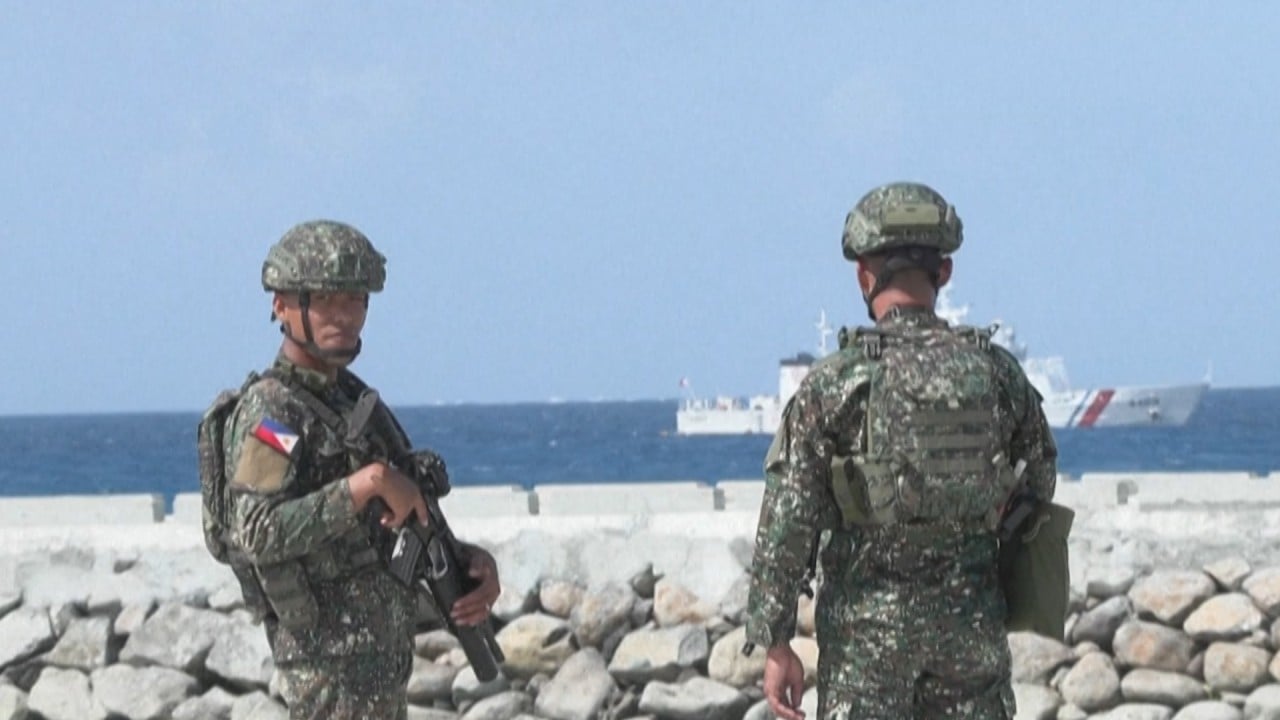
Could Duterte’s Mindanao bid spark tensions in Philippines that ‘suit Beijing’s agenda’ in South China Sea?
- The ex-president’s call for Mindanao’s independence could reignite internal ‘hatreds’ on an island with long-running communist and Islamist insurgencies
- While some dismiss his bid as ‘all talk’, other analysts say the move could ‘distract’ the Philippines from the South China Sea row, benefitting Beijing
During a January 30 livestream of his long-running talk show Gikan sa Masa, Para sa Masa (From the Masses, for the Masses), Duterte casually revealed he had assigned his close political associate, Congressman Pantaleon Alvarez, to “regroup” his allies and pursue a secession bid for Mindanao.
The Duterte clan draws their political power from Davao, Mindanao’s largest city.
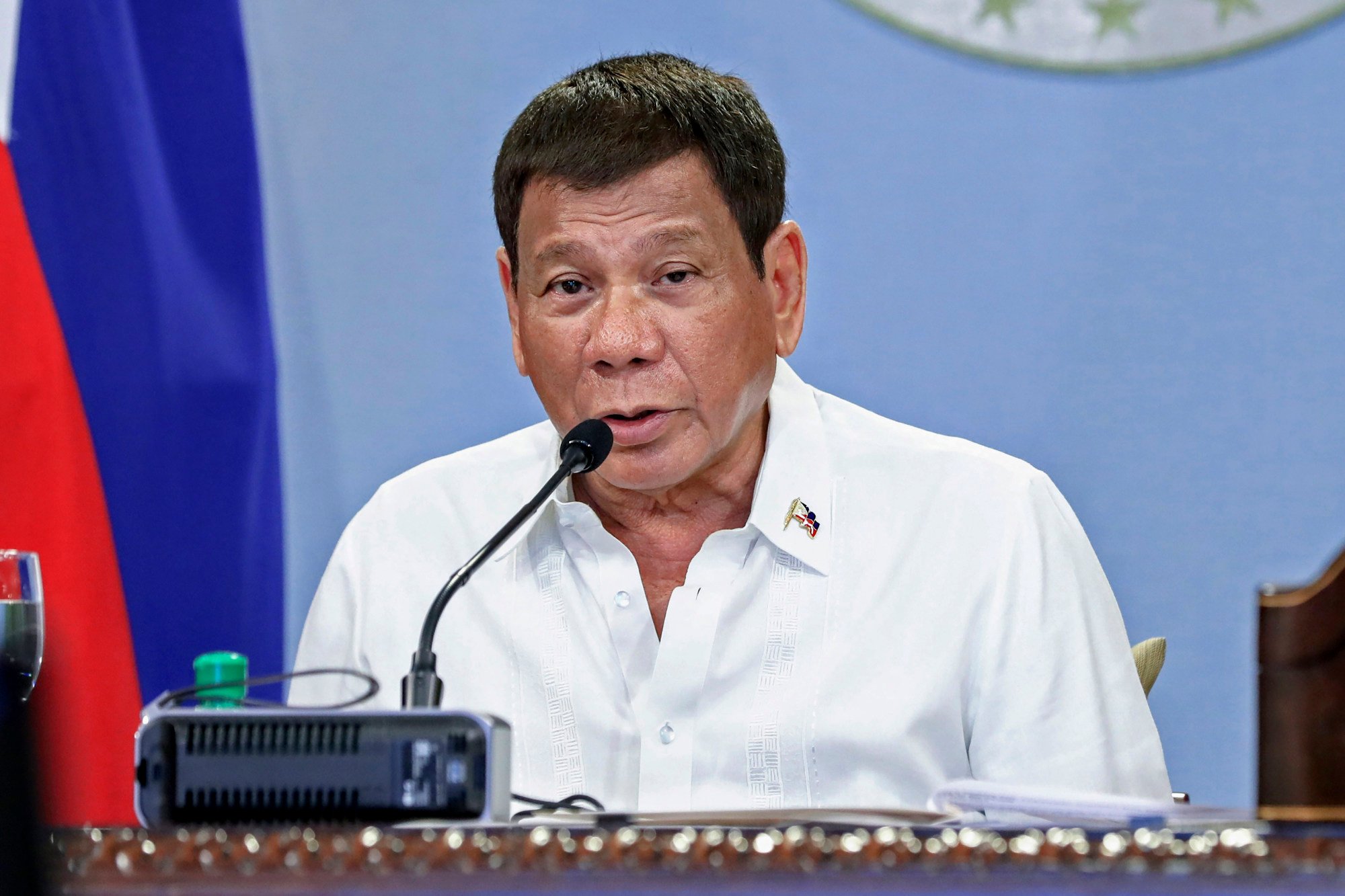
Security and defence analysts say secession is unrealistic, but warned that concrete moves by Duterte towards that goal could reignite internal “hatreds” on an island with long-running communist and Islamist insurgencies.
Crucially, it could also distract the Philippine military from its pivot to external defence and sap limited resources from the flashpoint South China Sea, where the navy faces regular confrontations with Chinese-flagged vessels in the Philippines’ exclusive economic zone.
As the security situation on Mindanao has improved, the military has been recalling its forces from the island to meet the challenge posed by intrusions into the South China Sea.
“This is the reason why we fought and entered into negotiations with the Muslim secessionist movements. It is a serious concern for any government,” a senior military officer told This Week in Asia, requesting anonymity.
“An argument could be made that China would benefit if there is trouble there [in Mindanao] because the Philippine government would in a way be distracted.”
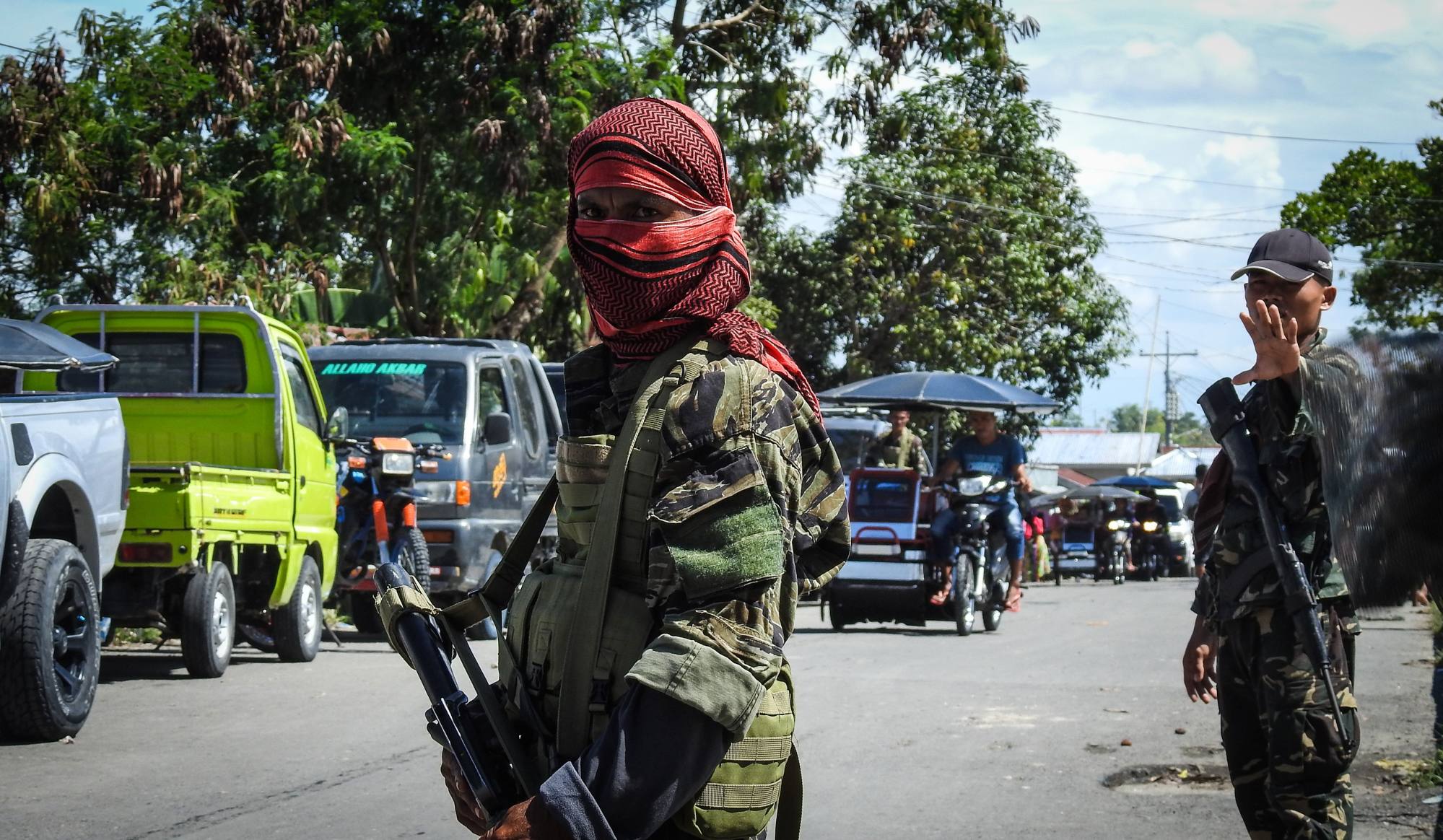
Duterte was the dark horse in the 2016 polls, but emerged as the winner, powered in part by the southern island’s votes and his zero-tolerance vow towards the country’s drug problems.
That he is floating Mindanao’s secession as human rights abuses during his now notorious drug war come under intense scrutiny is not surprising, critics say.
“He is very much scared of the International Criminal Court to the extent that he will separate Mindanao so the ICC will lose jurisdiction” over his deadly drug war, wrote University of the Philippines economics professor Cielo Magnoon in a post on X, formerly Twitter, on February 1.
Others caution against taking the unpredictable Duterte at his word.
“Don’t believe [Duterte] until he makes some serious moves,” Ramon Casiple, co-founder of the Institute for Political and Electoral Reform. “For now, it’s just all talk.”
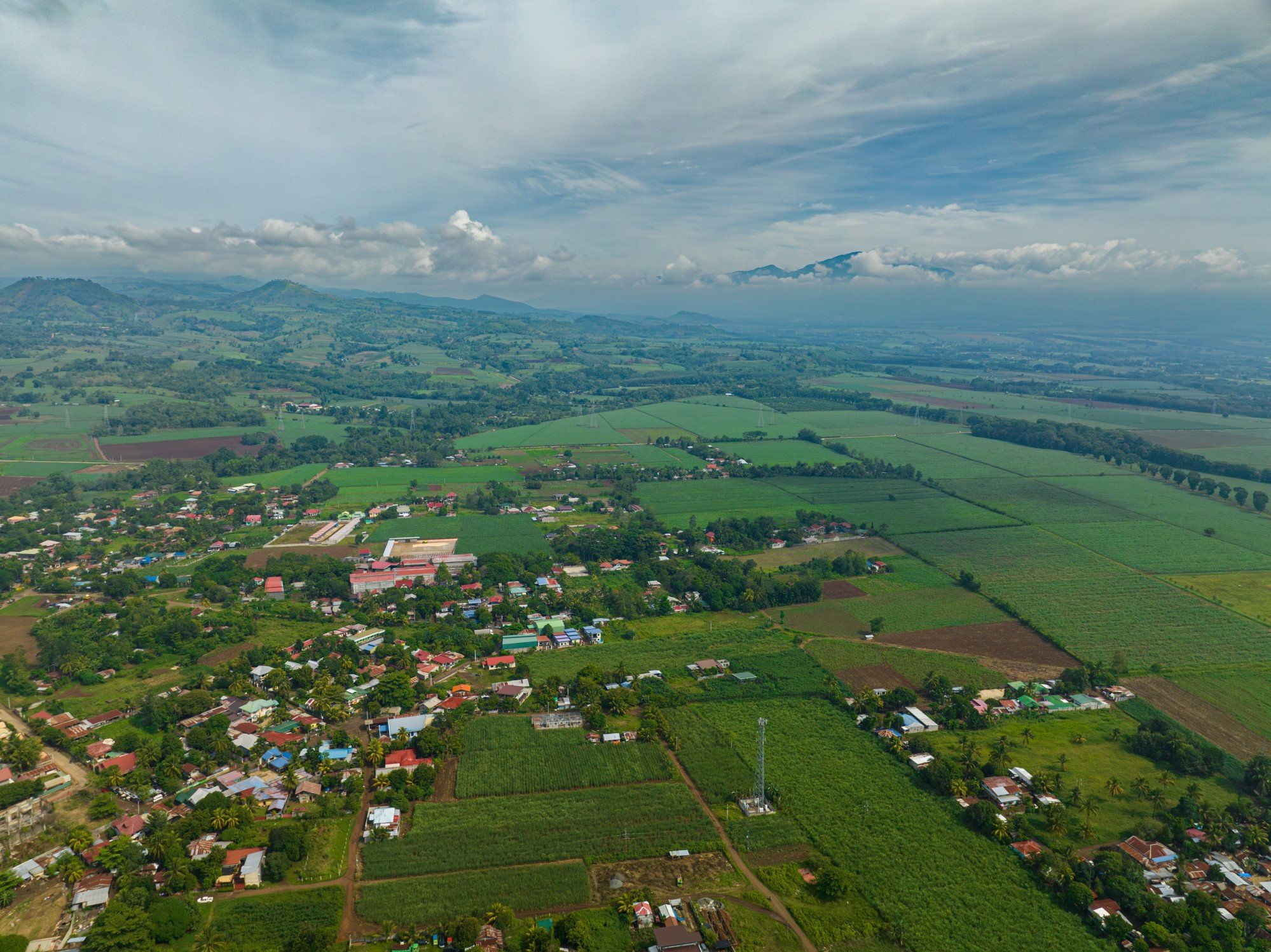
Yet gripes are rife among residents of Mindanao, the country’s second-largest island which produces fish, corn, beef and rice. They complain of neglect by “Imperial Manila” in terms of infrastructure and development, issues exacerbated by the two long-running insurgencies.
Congressman Rufus Rodriguez, representing Cagayan de Oro City in Mindanao, in 2022 said that Mindanao “should be entitled to at least 895 billion pesos (US$52.4 billion) in the 2023 national budget, instead of only 628 billion pesos” because it accounted for 17 per cent of the national GDP.
Writing in the Manila Times, Fermin Adriano – a former board member of the Southern Philippines Development Authority – explained why secession retains some appeal.
One glaring reason, he said, is that while the island’s residents are heavily dependent on agriculture for their livelihoods, agricultural produce from Mindanao is much more expensive to ship to Manila, than it is for China, Thailand or the US to ship theirs to the Philippine capital – even though the latter countries are farther – due to the “Cabotage Law” imposed by Manila.
This law, which dates back to the 1920s and was originally imposed by the US Congress on its Philippine colony, reserved all domestic shipping routes for domestic shipping lines, in effect giving them a monopoly.
The latest 2022 amendment to the law, pushed by then president Duterte, allowed shipping lines to be 100 per cent foreign-owned, but Mindanao businessmen said their shipping costs remained high due to the steep taxes imposed on shipping.
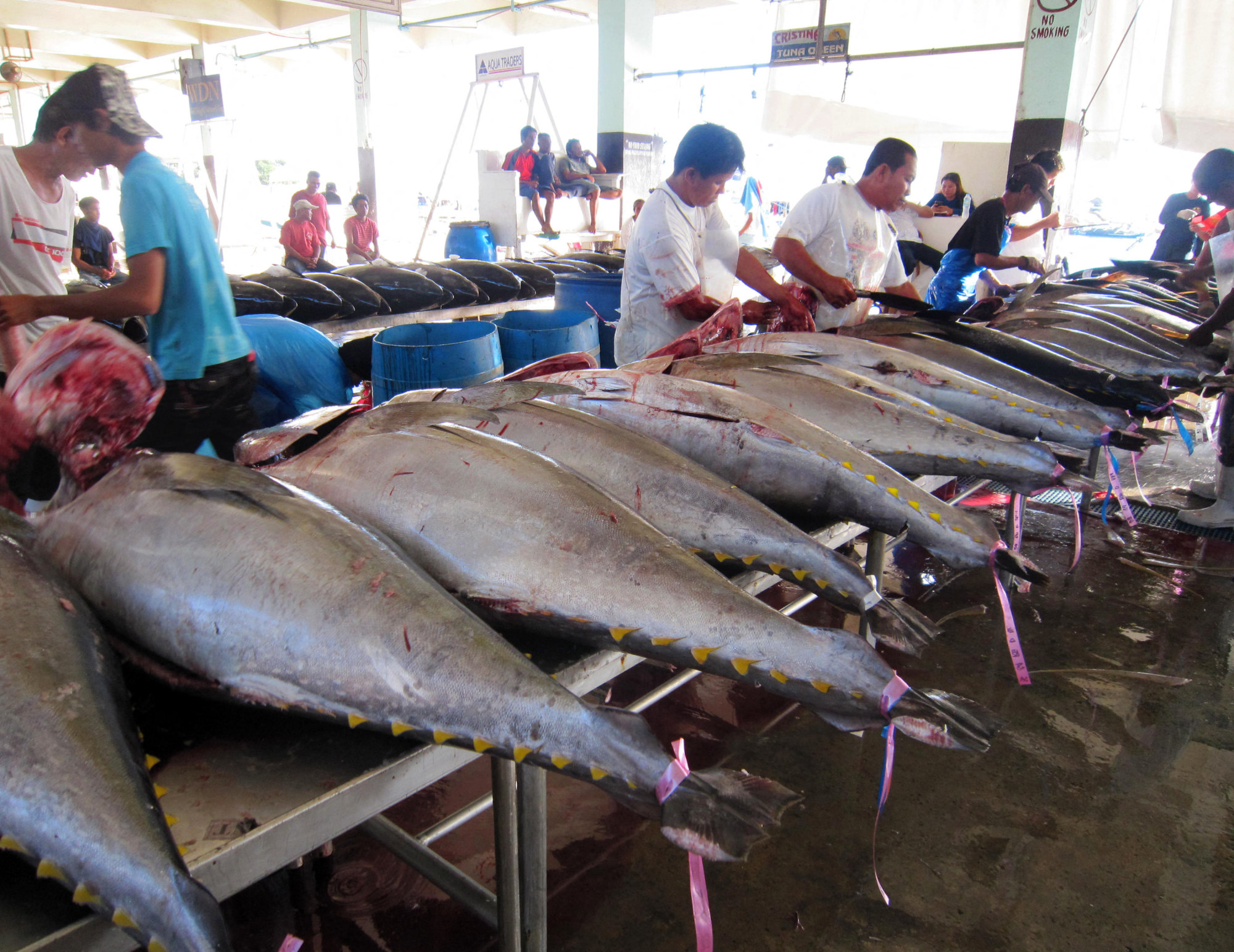
Red herring or dangerous vow?
The secession bid is being taken seriously by top government officials, including President Ferdinand Marcos Jnr; his military chief Lieutenant General Romeo Brawner Jnr; defence secretary Gilberto Teodoro Jnr; and retired generals Eduardo Año and Carlito Valdez Jnr.
All have warned Duterte that any such move would be dealt with the full force of the law.
“Being a former president is enough for the leadership to look into it,” another senior military official told This Week in Asia requesting anonymity. “A reminder will not hurt.”
Philippines to ‘strictly enforce’ sovereignty after Duterte’s secessionist threat
Rumours of a destabilisation plot started soon after Marcos Jnr assumed office in 2022, but Duterte was not identified as a threat actor at the time, the officer added.
Duterte has criticised Marcos Jnr’s pivot back to the US, warning last year that granting American soldiers access to Philippine facilities near Taiwan could turn the country into a “battleground”.
While there is no suggestion Duterte is working with China towards undermining the government, Jarius Bondoc, an investigative columnist for the Philippine Star newspaper, said any trouble in Mindanao favours Beijing’s ambitions in the contested waters.
“China will benefit from this kind of separatism [issue], even if this is just blah-blah from Rodrigo Duterte, who is an ally,” he told This Week in Asia.
While the former president’s move could not be taken seriously at this stage, Bondoc said his agitation for Mindanao independence has the long-term potential to kick up dangerous divisions between Muslims, Christians and indigenous people on the island, grievances which have killed thousands before.
If unrest were to flare up, an overstretched military would “be deprived of assets and manpower for West Philippine Sea defence because there’s a very small pie being divided among [them]”, he added.
“That suits Beijing’s agenda as well.”


